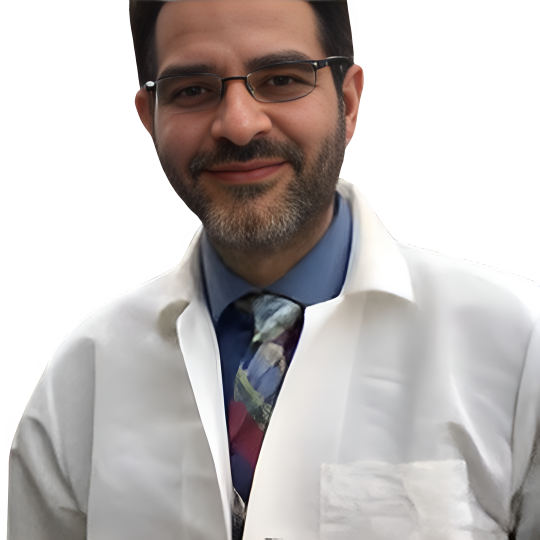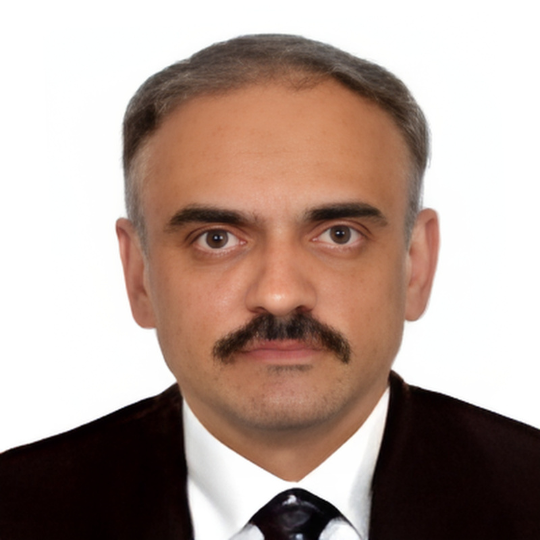Conditions Treated
Urinary Tract Infections (UTIs): Infections affecting any part of the urinary system, including the kidneys, bladder, and urethra.
Kidney Stones: Hard deposits formed in the kidneys that can cause pain and obstruct urine flow.
Bladder Conditions: Includes bladder infections, bladder control problems (incontinence), and interstitial cystitis.
Prostate Issues: Conditions such as benign prostatic hyperplasia (BPH), prostatitis, and prostate cancer.
Urologic Cancers: Includes cancers of the kidney, bladder, prostate, testicles, and other parts of the urinary tract.
Male Infertility: Issues affecting sperm production or delivery.
Erectile Dysfunction (ED): Difficulty achieving or maintaining an erection suitable for intercourse.
Pediatric Urology: Conditions affecting children, such as vesicoureteral reflux, congenital anomalies, and undescended testicles.



